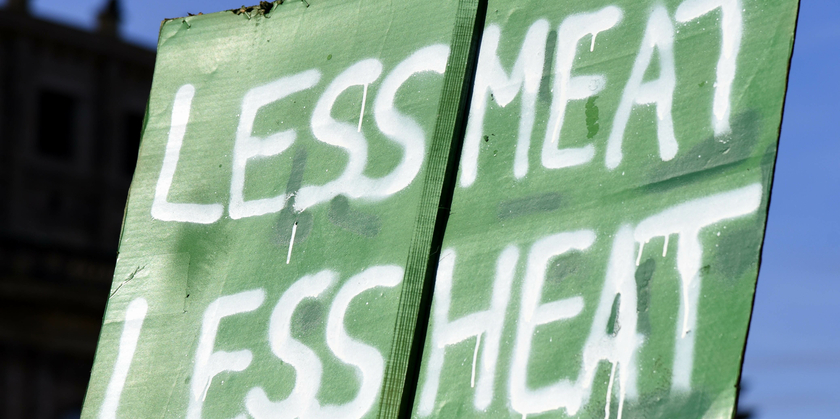Department Environmental Social Sciences
The Political Economy of Meat System Transformation

The industrial food system is a significant contributor to global social and ecological problems. In particular, large-scale production and consumption of meat are threatening the sustainability of the Earth’s ecosystem. According to a recent IPCC special report, preventing runaway climate change and meeting the Sustainable Development Goals soon is unrealistic without significant shifts towards plant-based diets. However, meat consumption is still growing in both developed and emerging economies.
The main objective of this project is to investigate the socio-technical conditions, policy narratives, and feedback dynamics that shape the current regime of meat production and consumption in the world’s top three meat suppliers and demanders – China, the EU and the US.
Thus, the main research questions it seeks to answer are:
- How have public policies evolved to stabilize or destabilize the current meat production and consumption systems in China, the EU and the US?
- To what extent have (policy) narratives and social norms regarding meat consumption and production changed in and diffused across China, the EU and the US? What are the roles of the shocks of COVID-19 and technological innovations (especially the rise of meat substitutes) in driving these changes?
- What are the impacts of changes in narratives and social norms related to meat on individuals’ consumption behaviors, public opinion, and policy actor networks?
The theories and methods used in the project involve political economy, computational social science, environmental psychology, institutional sociology, and transition studies. The research design combines qualitative policy process-tracing, field and survey experimental, social network, and natural language processing methods. They aim to develop empirical analyses of policy processes, shifts in public and media discourses and social norms, and changes in actor coalition networks.
This project builds on transdisciplinary cooperation between various scientific disciplines and decision-makers from international and non-governmental organizations.
The study aims at a high policy impact by continuously integrating insights from policymakers and stakeholders during interactive workshops, regularly publishing policy briefs, and organizing a public conference on meat system transformation.
